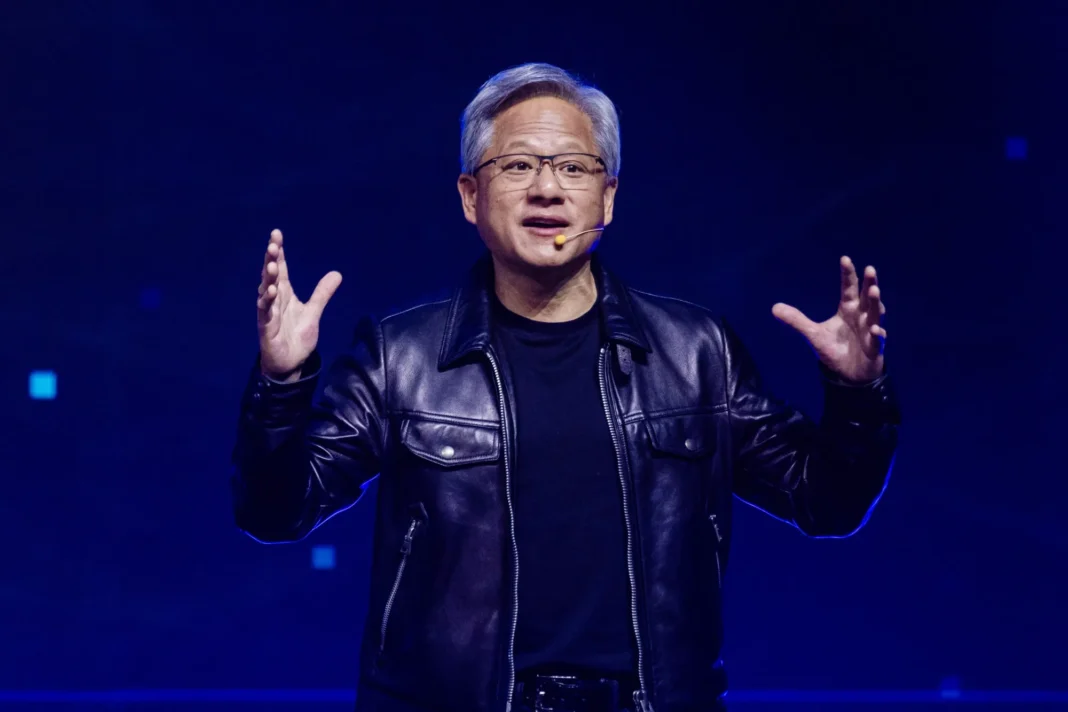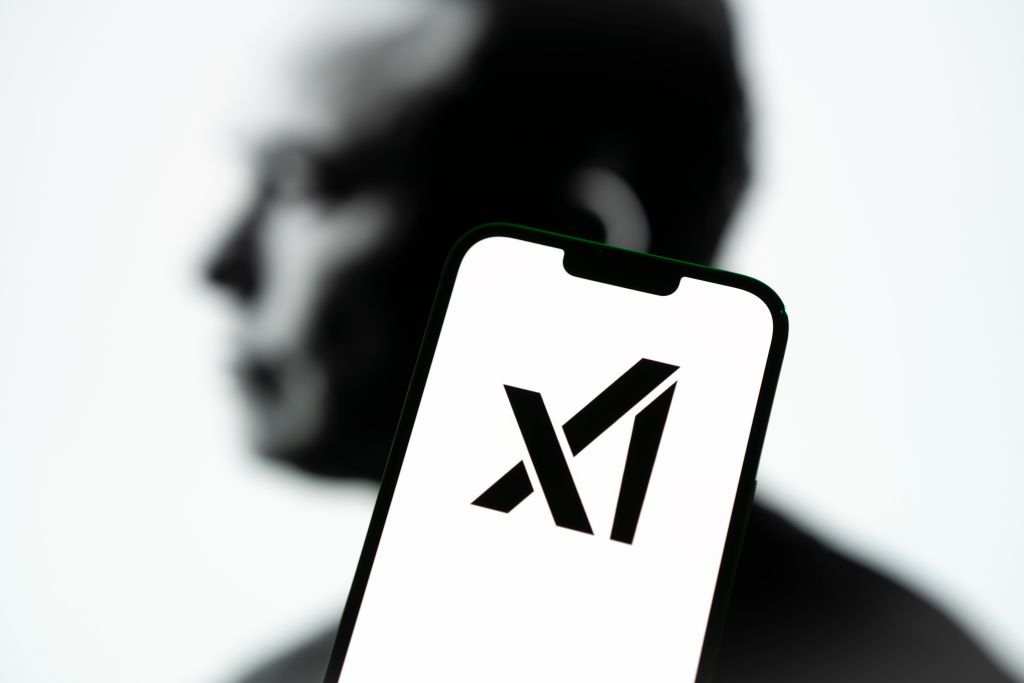Chinese state-affiliated media have raised alarms over the safety and reliability of Nvidia’s H20 artificial intelligence chips, especially in terms of national security and environmental standards. The Cyberspace Administration of China (CAC) even summoned Nvidia to address these concerns. Nvidia, however, firmly denies any wrongdoing, insisting its chips do not harbor backdoors
Claims by Chinese State Media
- Security Risks & Backdoor Access: A WeChat article from Yuyuan Tantian—connected to CCTV—suggested that H20 chips could be vulnerable to remote shutdowns or unauthorized control via hardware “backdoors.”
- Technology & Environmental Concerns: The article further criticized the chips for lacking technological advancement and environmental friendliness. It concluded that “as consumers, we certainly have the option not to buy it.”
- Wider Media Echo: People’s Daily echoed these security anxieties and demanded that Nvidia “produce convincing security proofs” to restore consumer confidence.
Nvidia’s Robust Response
- Firm Denials: Nvidia reiterated that the H20 chips do not include backdoors or remote-control capabilities. The company emphasized its steadfast commitment to cybersecurity.
- No Kill Switches: In an emphatic blog post, Nvidia’s Chief Security Officer, David Reber Jr., warned that such embedded vulnerabilities would “fracture trust in U.S. technology” and jeopardize global digital infrastructure. Business Insider
Why This Matters
This controversy highlights growing geopolitical tension around high-end semiconductor exports and national security. While China scrutinizes U.S.-made AI chips more strictly, Nvidia faces mounting pressure to prove its hardware is secure and transparent.



